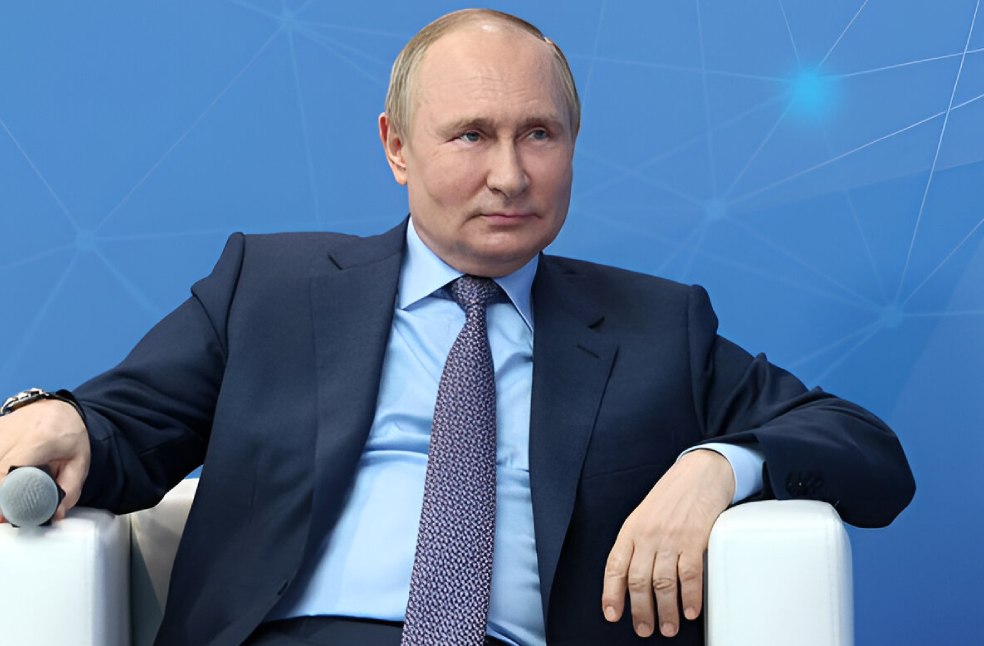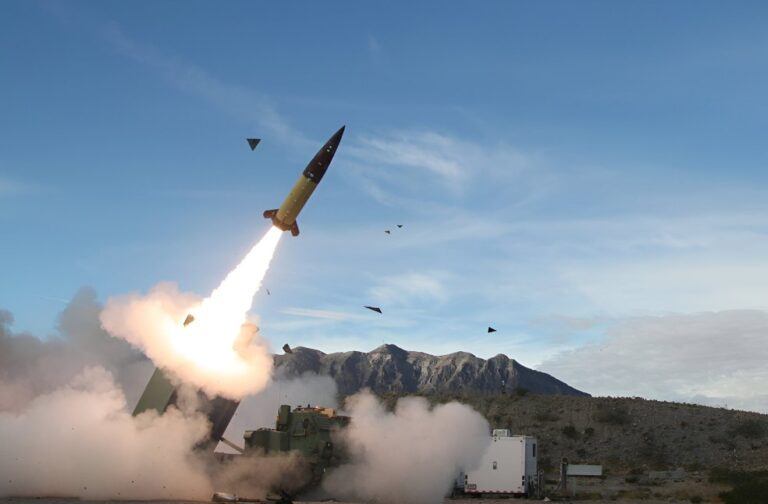Russia: The Ukraine-Russia war has marked its 1,000th day this week with heightened tensions, as Western nations particularly expanded military support for Ukraine and Moscow responded with new nuclear threats. The United States delivered a major policy shift by allowing Ukraine to use ATACMS long-range missiles to strike targets inside Russia, resulting in missile hits on Russia’s Bryansk region.
This was followed by UK-supplied Storm Shadow missiles hitting Russia’s Kursk region, where Ukrainian forces have charged 600 sq km of Russian territory. In addition, outgoing President Joe Biden approved the deployment of controversial anti-personnel landmines to Ukraine, further strengthening its defences. These moves underscore the West’s unwavering commitment to supporting Ukraine, even as Washington readies for a leadership change.
On the 1,000th day of the conflict, Russian President Vladimir Putin amended Moscow’s nuclear doctrine, lowering the threshold for nuclear weapon use in response to attacks backed by nuclear powers. Russia also unveiled its new hypersonic “Oreshnik” missile, claiming it can travel ten times the speed of sound. While the missile struck Ukraine’s Dnipro, observers see it as a warning that it could potentially deliver a nuclear payload.
Despite these developments, Western leaders appear unfazed, interpreting Russia’s nuclear rhetoric as sabre-rattling. Analysts suggest China’s partnership with Moscow plays a key role in deterring any actual use of nuclear weapons.

Both Putin and Polish Prime Minister Donald Tusk have warned of the conflict’s growing global dimensions. The involvement of North Korean troops fighting alongside Russian forces in the Kursk region has introduced another nuclear power into the fray. North Korean leader Kim Jong Un accused the US of escalating tensions, warning of the highest-ever risk of nuclear war.
The Biden administration’s recent moves appear aimed at bolstering Ukraine’s position before President-elect Donald Trump takes office in January. Trump has pledged to end the war within “24 hours,” which many believe will affect concessions to Russia. However, Ukrainian President Volodymyr Zelensky has voiced openness to resolving the conflict diplomatically, potentially under Trump’s leadership. As the conflict reaches this critical juncture, this week’s events seem less about looming escalation and more about positioning for future negotiations to bring the war to an end.



